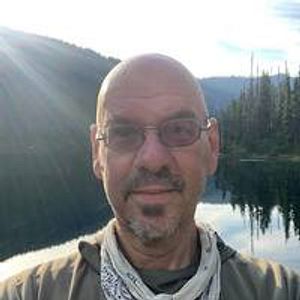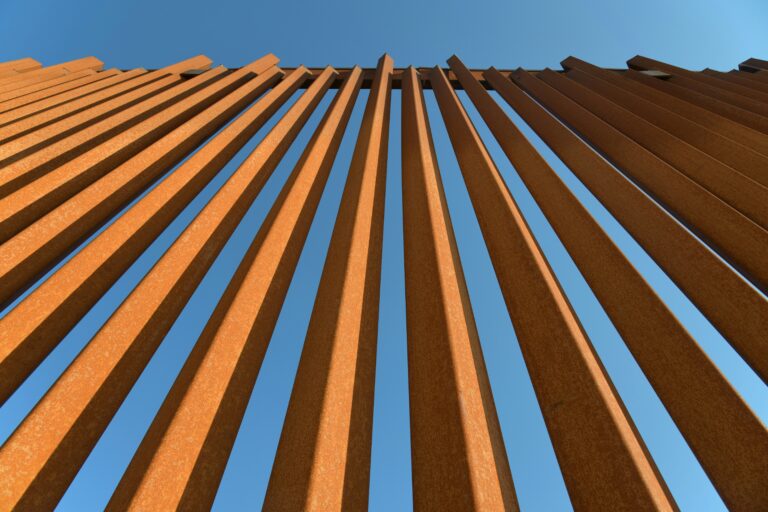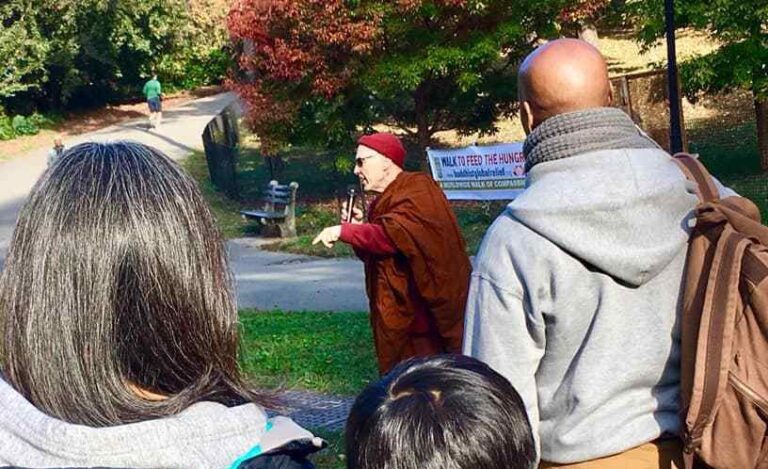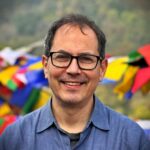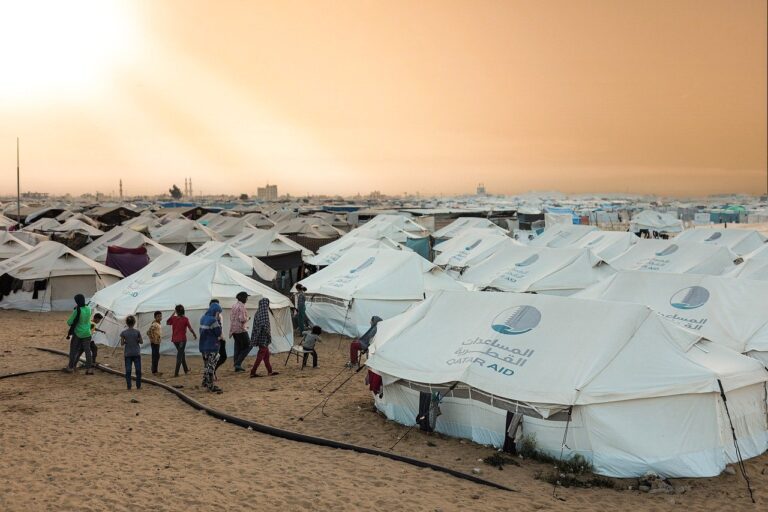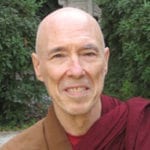Highlights
Shared responsibility for the climate by contrast, is the ethic that prevailed during the Great Depression and during World War II. Instead of looking backwards to apportion blame, our sense of shared responsibility is forward looking. It recognizes we’re all in this together, and we must each one of us meet the urgency of the crisis by asking a simple question: what could I be doing that I am not presently doing?
Shared responsibility for suffering also happens to be the Bodhisattva ethic: what can I do to help alleviate present suffering and to avoid future unnecessary suffering to the greatest extent possible? And this raises two questions in my mind. First, what am I not doing in my dharma practice that I could be doing, which would help make me a more effective activist or ally of Gaia? And second, what could I be doing in my various circles, my communities that would promote shared responsibility for the climate and for other species?
Bison, American Buffalo, have taught our Indigenous brothers and sisters how to face into the storm in order to move through it. And in the same way, we have to turn into samsara and deal with it because the stakes have never been higher. All sentient beings lives, both now and in the future, hang in the balance.
If you really think about it, this is an amazing time to be alive. It’s like we have been transported to a Bodhisattva training ground. Yes, the challenges are great, the suffering is immense, but as Anam Thubten teaches in relation to Tonglen practice, the capacity for our hearts to expand is also great, is also immense. The more suffering we take on, the more we become capable of taking on.
To accomplish this now in what promises to be a rather dark age of increasing climate and social chaos, we need to focus on building solidarity. As Pope Francis called for in Laudato si’, a new kind of solidarity is needed. That could be our calling.
The full transcript can be found here.

